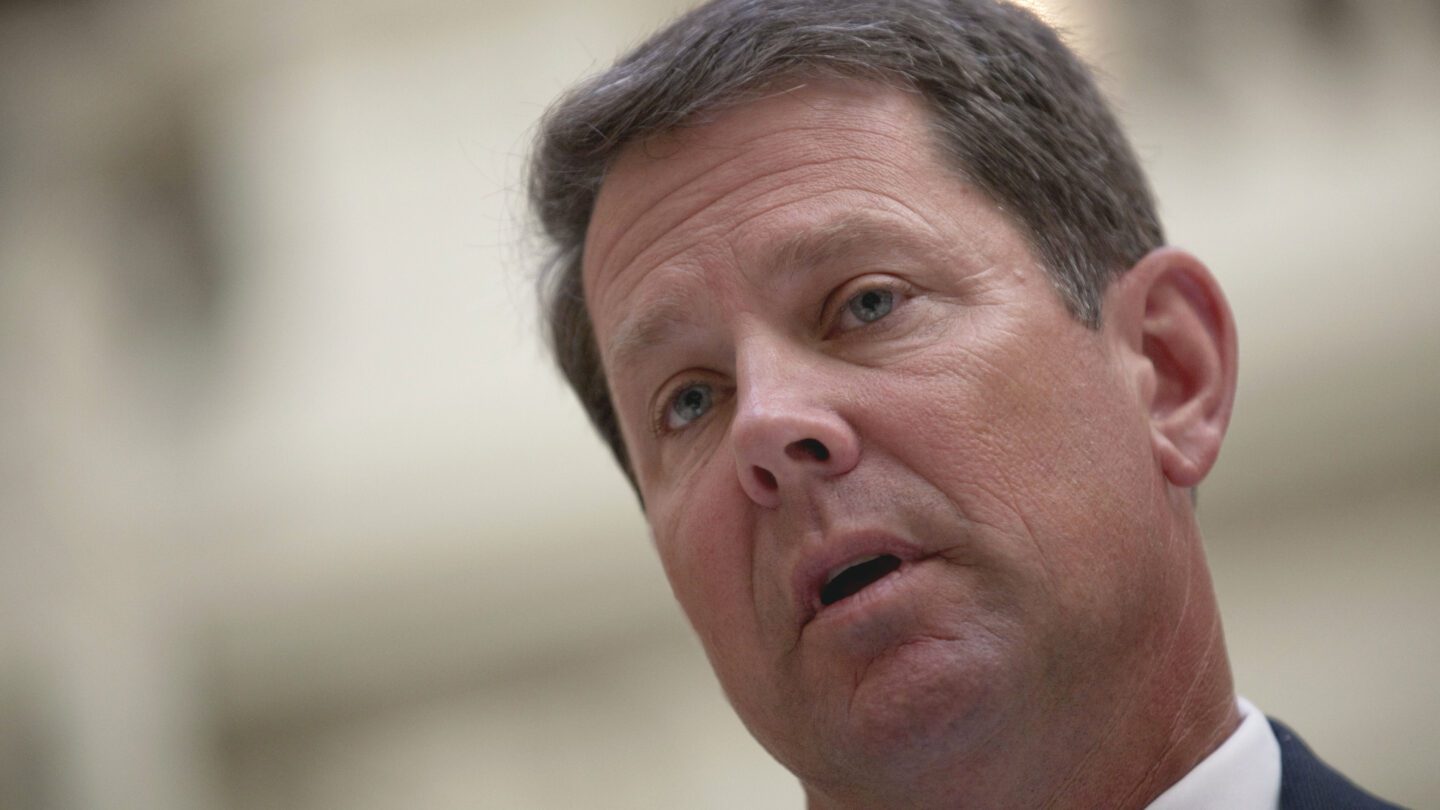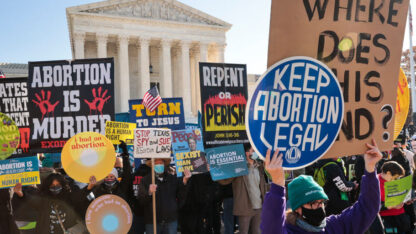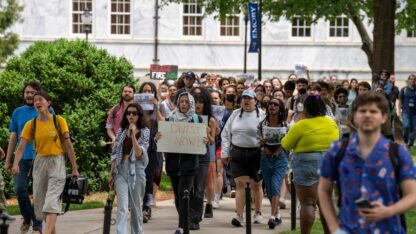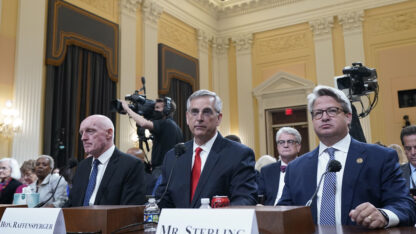Ga. Secretary Of State: Election System Prepared For Hackers

FILE – In this Sept. 29, 2014 file photo, Secretary of State Brian Kemp announces a March 6, 2012 date, as Georgia’s 2012 presidential primary at a news conference in Atlanta. On the gridiron, it takes a team to win, and some elected officials around the South are looking to band together rather than brawl … Continued
Georgia’s top election official says the state is prepared if hackers target its election systems in light of evidence of hacking in two other states.
“It’s been in our radar, it will continue to be on our radar,” said Secretary of State Brian Kemp Tuesday. “We’re working hard everyday to make sure that those type of things don’t happen in Georgia. And then if for some reason they were to happen, we have plans to deal with that.”
Kemp declined to give specifics on the measures, citing security reasons. Kemp recently declined an offer by the Department of Homeland Security for cyber security assistance, raising concerns about the federal government’s intrusion.
“I think we’re all having to deal with the systems, we know them the best. This is part of our job,” Kemp said. “For us to have to even, I think, try to explain this to others would take away from doing the work of keeping the system secure or reacting to something that’s going on right at this moment.”
Kemp said he would be willing to work with federal agencies on other specific issues, like sharing of intelligence.
“Now, having resources from them that maybe can let us know about these threats or sharing information is something that we would gladly do and would appreciate,” he said.
An information and library science professor recently told NPR that Georgia was a “sitting duck” because of its older voting machines and software. Kemp refuted the statement, saying the professor lacked information about how Georgia’s systems work.
“If we’re a sitting duck, why hasn’t somebody done this already?” he said.
Last year, the Georgia Secretary of State’s Office mistakenly released the personal information of more than 6 million voters, but the office blamed that on a clerical error.
9(MDAxODM0MDY4MDEyMTY4NDA3MzI3YjkzMw004))








